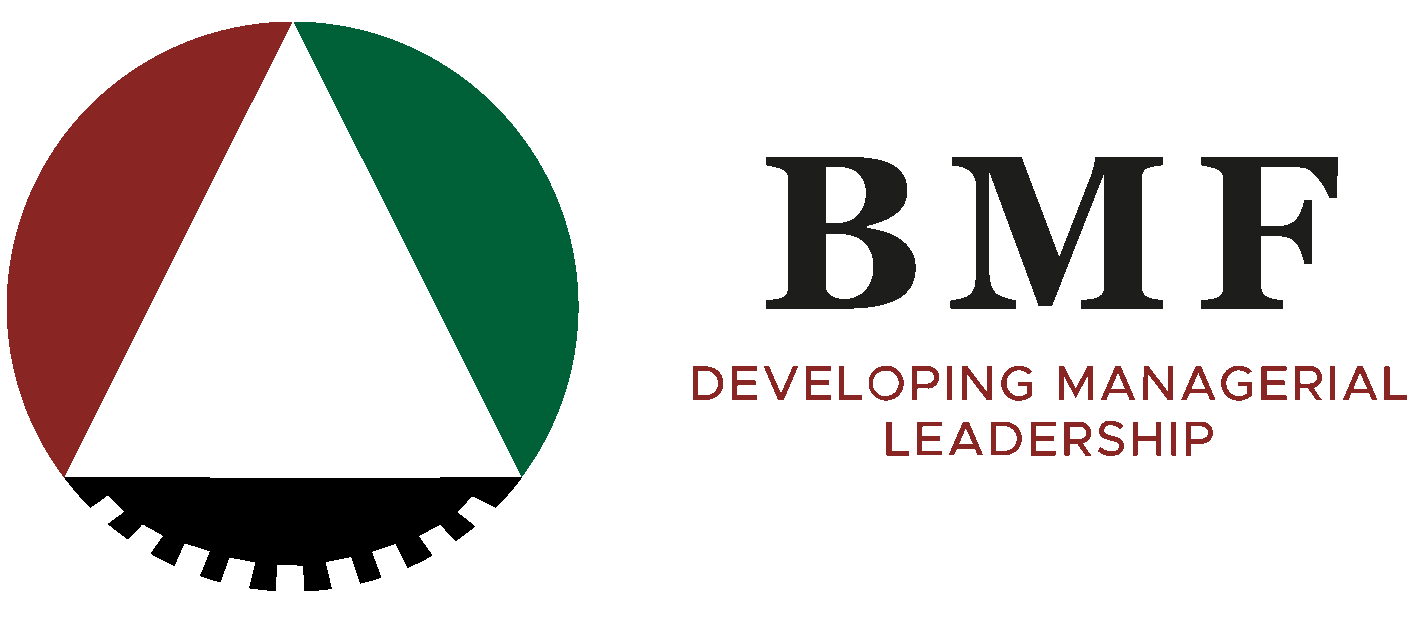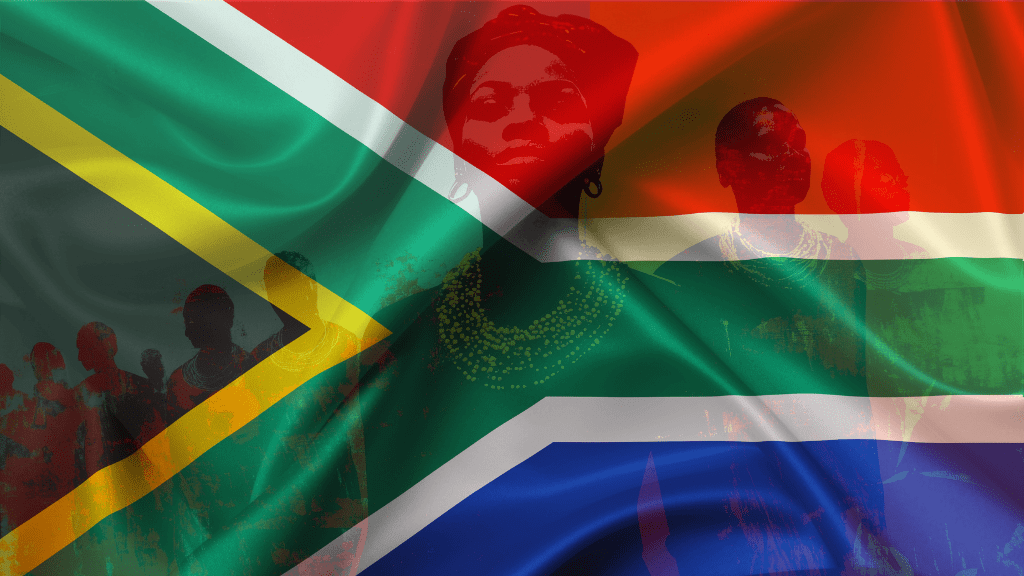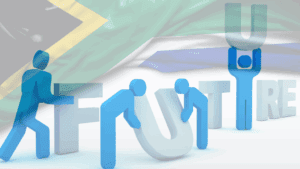This year’s theme for Human Rights Day focuses on deepening a culture of social justice and human rights. It aligns with the nation’s commitment to promoting equality, dignity, and justice for all citizens while ensuring that human rights are not only protected but actively upheld. This theme calls for continuous reflection on past struggles while addressing current human rights challenges such as racism, gender-based violence (GBV), and economic inequality. Human Rights Day is deeply rooted in the struggle against oppression and inequality, making it essential to keep striving for the full realization of these rights for all. Our country’s constitution, embedded in the Bill of Rights, guarantees dignity, freedom, and equality, which strengthen constitutional democracy. It emphasizes that fostering a culture of human rights requires not just policy enforcement but a societal shift towards actively protecting and promoting human dignity.
The recent VAT increase announced by the Minister of Finance on the 12th of March was met with concerns particularly for the already impoverished citizens of this country, as it moves further away from the social justice we are striving for and to some extent violating the right to access food. The latest research on food and nutrition survey by the Human Sciences Research Council (HSRC) indicates that households are running out of money for food before the end of the month.
It further states that 50% of households are struggling to put food on the table daily, making one in five households severely food insecure. This means that the VAT increase will not only cripple the poor but will increase poverty which has dire effects on the economy. Many South Africans have condemned the increase, arguing that it will further burden cash-strapped households. It is expected to negatively affect the cost of living, access to basic education, and economic disparities, particularly affecting historically disadvantaged black communities.
Rising costs make it difficult for many to save, invest in education, or start businesses, further perpetuating poverty cycles. A report by the United Nations Human Rights describes the right to food as, “the right to adequate food is realized when every man, woman and child, alone or in community with others, has physical and economic access at all times to adequate food or means for its procurement”.
Now this right need not be violated by the increase in VAT as the same income needs to now be buying less food for the same household. However, the Minister expanded the basket of zero-rated foods in efforts to curb hunger in the country, with focus on protein and vegetables to help promote healthy choices. A move that is not welcomed by everyone but will certainly mitigate the impact of the upcoming 0.5% VAT increase, also meeting the right to access safe, nutritious and affordable food, crucial for health and development.
While hunger and food insecurity are social issues, when implementing solutions to these crucial national problems, we need to find solutions that are in the interests of national security, social stability, economic recovery, and nation building, deepening a culture of social justice and human rights, as the infringement of one right may lead to an infringement of another right. Although South Africa still faces challenges regarding human rights violations, the country has made significant progress in advancing equality, respect, and dignity for all. This progress highlights the need for continued efforts to promote and protect human rights daily. By actively practicing respect and dignity in our interactions, we can build a society that upholds human rights principles and fosters a culture of mutual respect and understanding.

About the Author
Karabo Ceke is a Bachelor of Social Sciences graduate with a major in Sociology and Psychology. Passionate about social development and organizational dynamics, Karabo is currently a member of the Thought leadership, Research and programmes department at the Black Management Forum, where they contribute to initiatives that promote leadership and transformation in the corporate space. With a strong foundation in human behaviour and social structures, Karabo aims to drive meaningful change in the professional and societal landscape.







